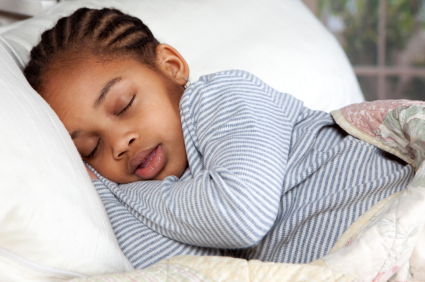The Role of the Child Specialist in the Collaborative Process
During collaborative divorce, the child specialist is a licensed mental health professional who serves as the voice of children, including adult children. Like all collaborative professionals, the child specialist is trained in both mediation as well as interdisciplinary collaborative team protocols. The child specialist is also a therapist with a divorce specialty.
The child specialist performs a number of critical functions, including helping co-parents establish healthy boundaries that buffer children against toxic levels of divorce-related stress that impacts children far into the future. The child specialist offers expertise in child development and the impact of divorce on children at various developmental stages. This specialist also ensures co-parents' and the entire collaborative team prioritizes the children's wellbeing throughout the divorce process.
During a collaborative divorce, the child specialist meets with children to help them voice their divorce concerns, offering parents greater understanding of the challenges children are facing, and how to address these effectively. Studies affirm that healthy outcomes for children (including adult children) of divorce, are directly related to the degree they're protected from parental conflict. This licensed mental health specialist offers parental and co-parenting guidance that ensures children/adult children are heard and adequately supported. Children are given a "voice, not a choice." Many collaborative professionals will not work without a child specialist, given their essential value to the children of divorce.
Child Specialists prepare co-parents to identify and respond effectively to their kids' experiences. Older children also have difficulty communicating with parents about their divorce. Rather than repressing these feelings or lashing out, in such cases, child specialists offer coping tools and serve as communication facilitators between children and their parents.

Children, regardless of age, typically believe, internalize and mirror any negative narratives one parent shares about the other. These negative narratives can damage kids' perspectives about a parent, and adversely impact what kids expect and how they'll behave in their own future relationships, over the entire course of their lives.
Adult children also work with an Adult Child Specialist within the Collaborative Process. The valid experiences and concerns of adult children are too often overlooked and dismissed by parents and divorce professionals alike. Without support, adult children are at risk too. They often have an extremely hard time reconciling what’s occurring. Parents often severely underestimate their impact on adult children precisely because they're legal adults, and may treat them as peers or confidants - forgetting they too are losing their intact family. For example, co-parents may overshare about divorce details and/or the other parent in ways that can be extremely hurtful and damaging. Adult children are also vulnerable to feeling responsible for alleviating their parents' distress and for protecting underage siblings affected by divorce.
No matter a child's age, kids need a voice (not a choice) during a divorce, and the quality and nature of that voice matters. During a collaborative divorce, the child specialist offers children and their parents: guidance and tools to navigate the multiple necessary and challenging conversations, information that can positively impact the parenting plan, and a clinical eye on the future wellbeing of children while all divorce decisions are being made.
Divorce is typically a life crisis for all involved. Intact families are restructured and must learn to navigate uncharted waters. The Child Specialist is essential to healthy outcomes.
To contact our collaboratively trained child specialists, or for further information, please reach out to us, the Los Angeles Collaborative Family Law Association, at (818) 933-4505.
We look forward to supporting your family throughout this difficult period.
